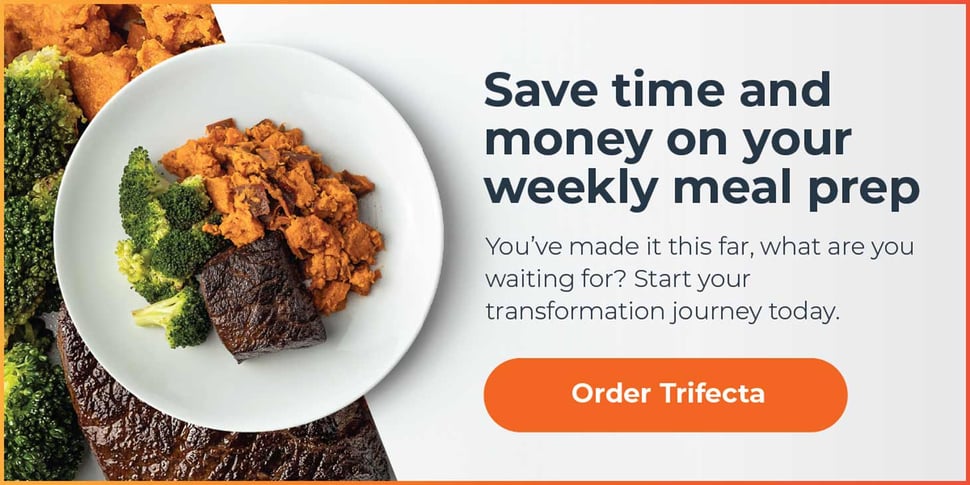When Does Keto Flu Start?
Most people report that symptoms of the keto flu often start within 24-48 hours of following a strict keto diet. This window can vary for some, however, it is unlikely to take more than seven days of strict adherence to the diet to start feeling flu-like.
Meaning, if you’re still feeling good by the end of the first week, you’ve likely avoided the keto flu all together!
Side effects typically begin right around the time your body starts to run out of available carb stores - most people can store roughly 500 grams of carbohydrates in their muscles as reserve fuel (glycogen) (8).
At this time, your body is forced to find alternative fuel and starts the process of metabolizing fatty acids into ketones - putting you on your way to ketosis.
Technically you can speed up the process of getting into ketosis by fasting or exercising more, but this doesn’t mean you will necessarily shorten your ketosis flu in the process.
How Long Does Keto Flu Last?
Keto flu can last anywhere from a couple of days to a couple of weeks, and some may find their symptoms last up to a month!
It is almost impossible to tell exactly how long you will have to endure it, but you can rest assured that this miserable feeling is ultimately temporary and will resolve itself in time.
Additionally, as your carb cravings subside and your body learns to normalize blood sugar levels, metabolize fatty acids efficiently, and adjust to this new style of eating, many find they feel better than before they even started the keto diet.
Of course, this isn’t a guarantee either - if you are having a miserable time and sticking to your meal plan feels damn near impossible, you may want to rethink it.
Do You Have to Get Into Ketosis?
If the thought of suffering through a diet flu scares you, you aren’t alone. But this also may not be a reason to avoid trying keto altogether.
What you can take away from all of this is that diet success - including on keto - is the result of consistency, not perfection.
Like other healthy approaches to dieting, you don’t need to go into this with an all-or-nothing mindset.
Ketosis is certainly intriguing for many, but research is still developing on how beneficial it is for weight loss outside of calorie control. Meaning, as far as we know it is not possible to lose weight on keto without also paying attention to portion control.
So keep this in mind as you consider opting for a super low-carb plan - if your goal is to lose weight, as long as you control your daily calories, you’ll get results.
Outside of this, it's paying attention to how your food choices are making you feel from the inside out.
If sticking with nutritious, keto-friendly foods satisfies your taste buds and your cravings, and ultimately gives you energy throughout your day - this is a good reason to keep going.
Ready to make the switch to a keto meal plan? We might not be able to cure keto flu, but we can take on all the meal planning, shopping, and cooking every week so you can get ready-made keto-approved meals delivered each week, giving you one less thing to stress about.




